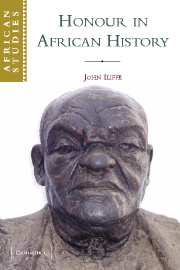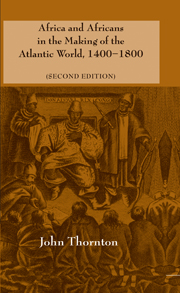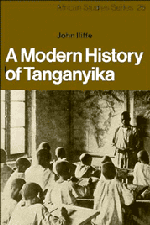Honour in African History
In Africa today, inherited conceptions of "honor" can obstruct democracy, inspire resistance to tyranny, and motivate the defense of dignity in the face of AIDS. This account of the role of "honor" in African history from the fourteenth century to the present argues that it is essential to understanding past and present African behavior.
- Long-term perspective on understanding contemporary Africa
- Reconstruction of indigenous cultures from primary sources
- Comparative and continental range
Reviews & endorsements
"this study will undoubtedly prompt scholars to read historical evidence in new ways that will indeed advance their ability to explain some of contemporary Africa's challenges, while also suggesting new approaches to understanding Africa's past. By laying solid groundwork for future research in this area, John Illiffe has done us all a tremendous service." - Michelle Moyd, Cornell University
Product details
December 2004Paperback
9780521546850
430 pages
229 × 152 × 24 mm
0.66kg
5 maps
Available
Table of Contents
- 1. The comparative history of honour
- Part I. Hero and Householder:
- 2. Men on horseback
- 3. Honour and Islam
- 4. Christian Ethiopia
- 5. Honour, rank, and warfare among the Yoruba
- 6. Honour and the state in West and Central Africa
- 7. Honour without the state
- 8. The honour of the slave
- 9. Praise and slander in southern Africa
- 10. Ekitiibwa and martyrdom
- Part II. Fragmentation and Mutation:
- 11. The deaths of heroes
- 12. Honour in defeat
- 13. The honour of the mercenary
- 14. Respectability
- 15. Honour and gender
- 16. Urbanisation and masculinity
- 17. Honour, race, and nation
- 18. Political honour
- 19. To live in dignity
- 20. Concluding questions.












